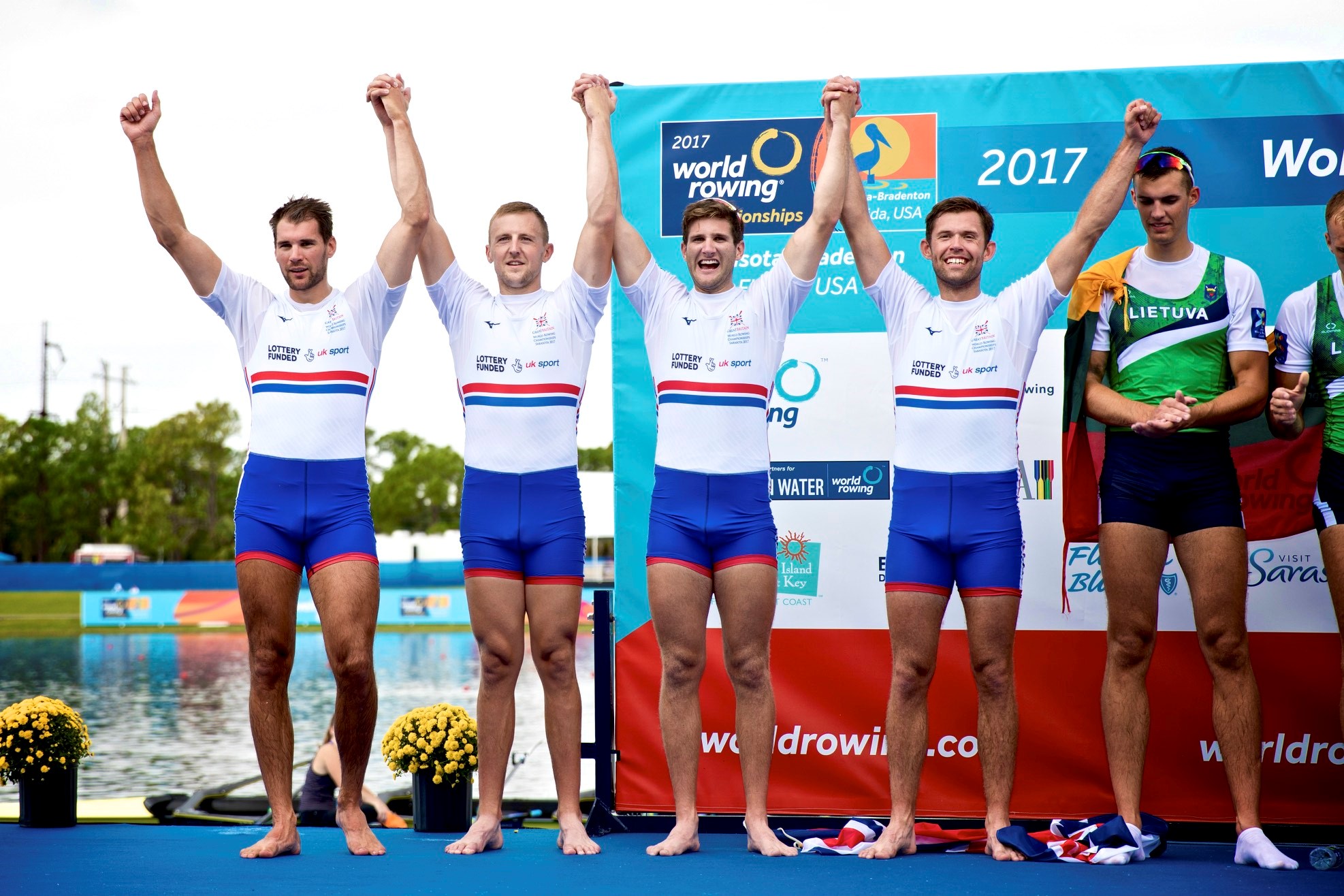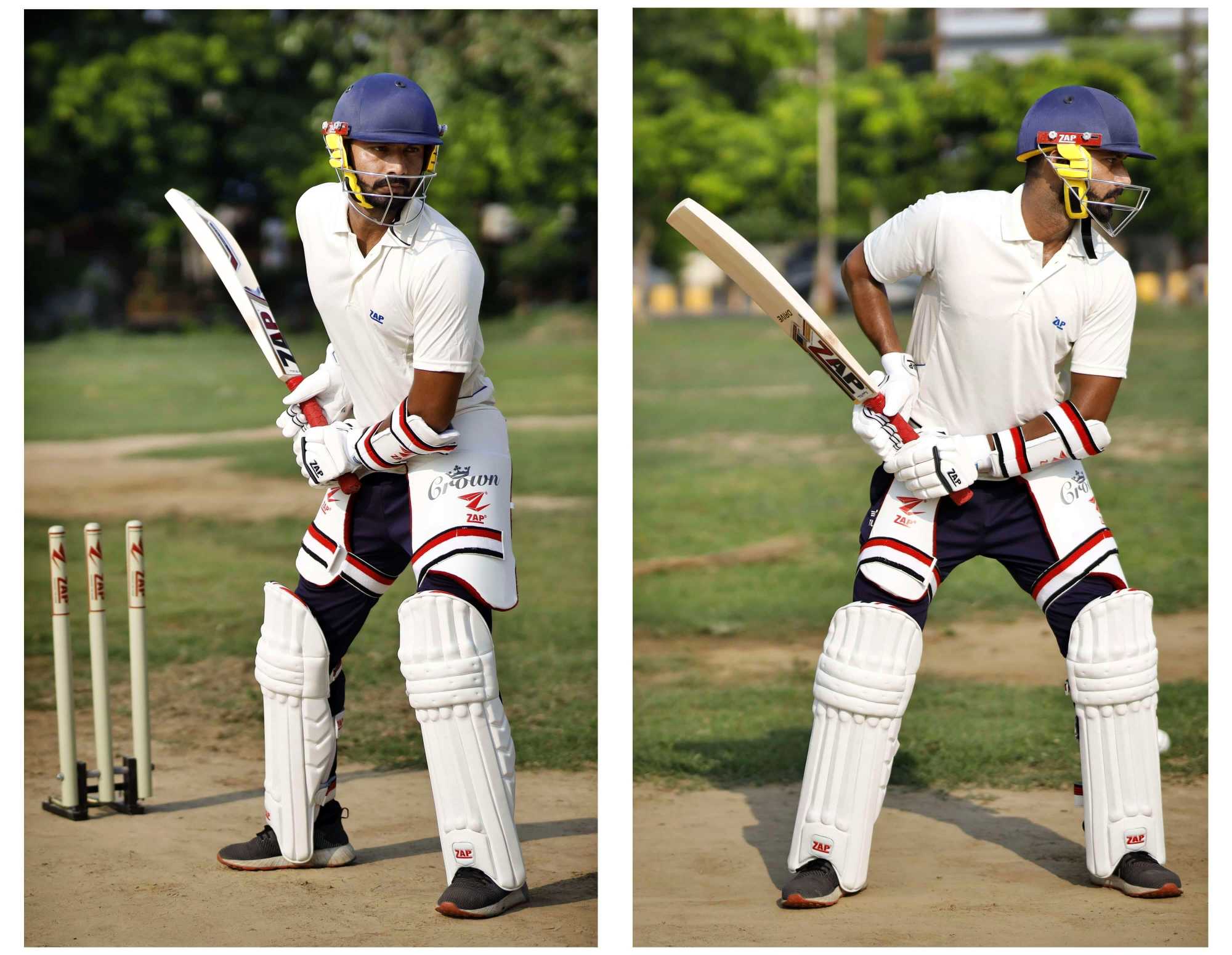
Titans of the Games: Exploring the Legacies of Iconic Olympic Athletes
The Olympic Games, a quadrennial spectacle of athletic prowess and global unity, have witnessed the rise and fall of countless athletes. While many compete with passion and dedication, only a select few etch their names into the annals of history, becoming immortalized as legends. These titans of the Games, through their unmatched skill, unwavering determination, and inspiring stories, have captivated audiences and redefined the boundaries of human potential. This article delves into the legacies of some of the most famous Olympic athletes of all time, exploring their achievements, impacts, and enduring influence on the world of sports and beyond.
Michael Phelps (Swimming): The undisputed king of swimming, Michael Phelps’ dominance in the pool is unparalleled. With a staggering 28 Olympic medals (23 gold, 3 silver, 2 bronze), he’s the most decorated Olympian in history. His performances at the Beijing 2008 Olympics were particularly breathtaking, where he won a record-breaking eight gold medals in a single Games. Phelps’ success stemmed from a combination of exceptional talent, rigorous training, and an unwavering focus. His butterfly stroke was legendary, and his ability to maintain incredible speed over long distances set new standards in the sport. Beyond his medals, Phelps’ impact extends to his advocacy for mental health awareness and his work as a philanthropist. His story resonates with millions, demonstrating that even the most accomplished individuals can face personal struggles and emerge stronger.
Usain Bolt (Athletics): The fastest man on Earth, Usain Bolt redefined the limits of human speed. His record-breaking 100m and 200m sprints at the Beijing 2008 and London 2012 Olympics captivated the world. His charismatic personality and effortless style made him a global icon, transcending the world of athletics. Bolt’s achievements weren’t merely about speed; they were about dominance. He didn’t just win; he obliterated the competition, leaving a lasting impact on the sport and inspiring a new generation of sprinters. His legacy extends beyond his medals; he became a symbol of Jamaican pride and a global ambassador for athletic excellence.
Babe Ruth (Baseball): While not strictly an Olympian (baseball wasn’t an Olympic sport during his prime), Babe Ruth’s impact on the sporting world warrants inclusion. His legendary career in Major League Baseball (MLB) transcended the game itself, making him a cultural icon. While he didn’t participate in the Olympics, his influence on American sports and the global perception of athletic stardom is undeniable. Ruth’s power hitting and larger-than-life personality captivated audiences, drawing unprecedented attention to baseball and setting the stage for future generations of sports heroes. His legacy continues to inspire awe and admiration, cementing his place as one of the greatest athletes of all time.
Nadia Comăneci (Gymnastics): Nadia Comăneci’s impact on gymnastics is monumental. At the 1976 Montreal Olympics, she became the first gymnast to score a perfect 10, a feat that revolutionized the scoring system and forever changed the landscape of the sport. Her grace, precision, and unwavering poise made her a global sensation. Comăneci’s story is not just about athletic achievement; it’s a testament to courage and resilience. She competed under a repressive regime in Romania, yet her talent shone through, inspiring millions worldwide. Her legacy continues to inspire generations of gymnasts, emphasizing the importance of dedication, artistry, and perseverance.
Jesse Owens (Athletics): Jesse Owens’ triumph at the 1936 Berlin Olympics stands as a powerful symbol of resilience and defiance. Owens, an African American athlete, won four gold medals in the face of Hitler’s propaganda of Aryan supremacy. His performance shattered Nazi claims of racial superiority and became a beacon of hope and inspiration during a time of immense racial tension. His victory was a significant moment in the fight for civil rights, demonstrating the power of sport to transcend political ideologies and promote equality. Owens’ legacy is one of athletic excellence intertwined with social significance, forever reminding us of the importance of fighting for justice and equality.
Larisa Latynina (Gymnastics): With an astonishing 18 Olympic medals (9 gold, 5 silver, 4 bronze), Larisa Latynina holds the record for most Olympic medals won by a female athlete. Her dominance in gymnastics spanned three Olympic Games (1956, 1960, 1964), showcasing exceptional skill, consistency, and longevity. Latynina’s contribution to gymnastics is immeasurable, paving the way for future generations of female gymnasts. Her legacy is a testament to dedication, perseverance, and the extraordinary capabilities of women in sports.
Mark Spitz (Swimming): Before Michael Phelps, there was Mark Spitz. At the 1972 Munich Olympics, Spitz won a record-breaking seven gold medals in swimming, a feat considered almost impossible at the time. His performance captivated the world and cemented his place as a swimming legend. Spitz’s success was a result of exceptional talent, rigorous training, and a relentless pursuit of excellence. His legacy continues to inspire aspiring swimmers, reminding them that with dedication and hard work, even the most ambitious goals can be achieved.
Jackie Joyner-Kersee (Athletics): Jackie Joyner-Kersee’s name is synonymous with athletic versatility and excellence. She’s considered one of the greatest female athletes of all time, excelling in both the heptathlon and long jump. Her performances at the 1988 Seoul Olympics were legendary, where she won gold in the heptathlon and silver in the long jump. Joyner-Kersee’s success transcends athletic achievement; she became a role model for women and girls, demonstrating the power of determination, hard work, and perseverance. Her legacy inspires athletes to strive for excellence and to break barriers.
Wayne Gretzky (Ice Hockey): While not an Olympian in the traditional sense (the NHL didn’t participate in the Olympics for much of his career), Wayne Gretzky’s impact on ice hockey and the sporting world is undeniable. He’s widely considered the greatest hockey player of all time, holding numerous scoring records. His skill, vision, and leadership redefined the game, making him a global icon. Gretzky’s influence extended beyond the ice; he became a role model for aspiring athletes and a symbol of Canadian pride. His legacy continues to inspire hockey players and fans worldwide.
These are just a few examples of the many legendary Olympic athletes who have shaped the history of the Games. Their achievements, both on and off the field of play, serve as a source of inspiration, demonstrating the power of human potential and the enduring spirit of the Olympic ideals. Their legacies will continue to inspire future generations of athletes, reminding us that with dedication, perseverance, and a relentless pursuit of excellence, anything is possible.



